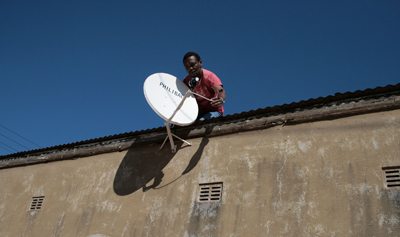
Sub-Saharan Africa censors Mideast protests
As news of Middle Eastern and North African protests swirl around the globe, satellite television and the Internet prove vital sources of information for Africans as governments fearful of an informed citizenry and a free press such as in Eritrea, Equatorial Guinea, and Zimbabwe impose total news blackouts on the developments.
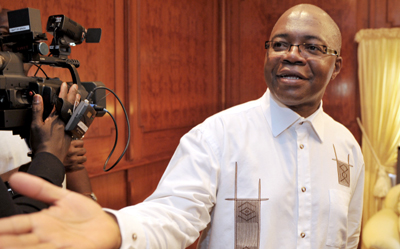
In Gabon, faux news draws real censorship
Last week, Gabon’s government-controlled National Communications Council ordered the TV station of opposition leader André Mba Obame off the air for a period of three months. The ruling is without appeal and, typically, this is how authorities in this oil-rich equatorial African state silence critical news outlets. Except that, this time, the “reporting” for which the…

In Gabon, censorship lingers from 2009 vote
In Gabon, more than a year after the historic and contested presidential elections won by Ali Ben Bongo Ondimba, the main radio and television stations of Ondimba’s two main opponents still face administrative obstructions imposed during the polls, according to interviews CPJ conducted with journalists and officials between July and September.
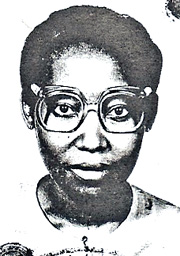
Gabon’s press blossoms, faces financial challenges
I will never forget that morning of August 17, 1960, in Port-Gentil when I was awakened with a jolt by the screams: “Long live independence, long live freedom!” Yet Gabon would not see the emergence of an independent and pluralistic press until the democratization process of 1990.
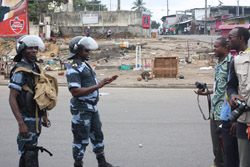
Gabon’s bloggers struggle to take hold
It’s been a couple of weeks since I left Gabon, and a month since elections to pick a successor to Omar Bongo, who ruled Africa’s fourth-largest oil producer for 41 years. There are unresolved questions about the ballot count and the number of people killed in post-election violence.
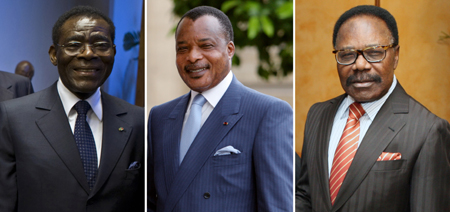
Ossébi’s byline missing as sensitive case moves forward
A French judge on Tuesday authorized an anti-corruption group to pursue a complaint that questions how the leaders of three oil-rich, central African nations amassed their personal assets. One byline was absent in news media coverage: Bruno Ossébi, an online Congolese columnist and one of the few local journalists who had covered the sensitive issue.…